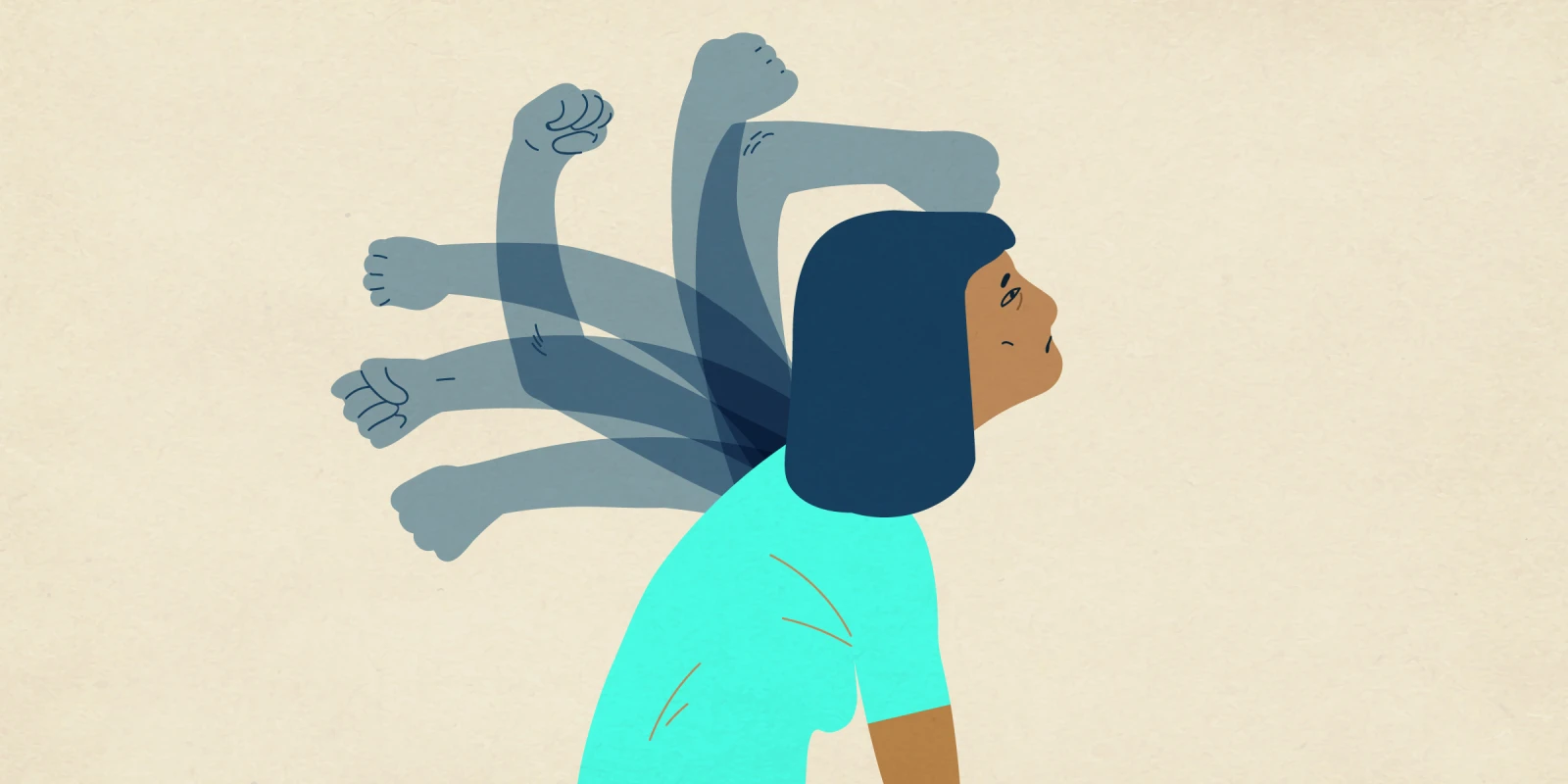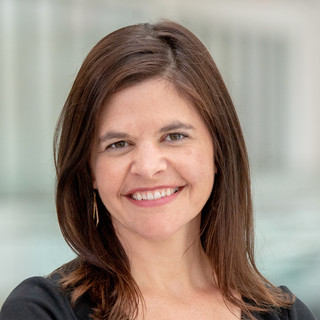COVID-19 case numbers are high, hospitals are full, and ERs house seriously ill patients on chairs in hallways while the remaining healthy staff triage under duress. The pandemic continues to barrel through our defenses with disconcerting ease. Physicians are depleted, burnt out, exhausted. Many, particularly women, have had to cut hours or have chosen to leave clinical medicine altogether.
Caring for physicians in my psychiatric practice, I am hearing a heartbreaking chorus of guilt and shame. Trained and expected to take on the ultimate responsibility, protecting human life, they are responding to the trauma of repeated patient losses and devastated families with a coping skill not uncommon in victims of trauma: self-blame.
Working as I do with individuals who have experienced emotional, physical, and sexual abuse, this refrain of self-condemnation is all too familiar to me. “Perhaps,” these patients tell themselves, “If I were better, stronger, smarter, this wouldn’t have happened.” On a deeper level, they may feel they are bad, unworthy of love and care.
When faced with trauma, various coping skills emerge — some beneficial, some harmful and self-destructive. Self-blame, which to an outside observer may seem like an unfair response to victimization, provides one thing these individuals need so badly — a renewed sense of control. Their reasoning goes like this: although they have somehow caused this terrible event, at least if it was their fault, perhaps they could prevent it next time. By taking personal responsibility in the aftermath of trauma, it may feel like the locus of control is pulled inward, rather than left to dissipate into an unsafe, uncertain world.
Physicians, by selection and training, are highly committed and conscientious. We succeeded through the trials of applications, medical school coursework, residency weariness, and long hours with a strong will, determined effort, and a highly developed — and societally sanctioned — need for responsibility and control. “If I have the answers,” we believe, “then I can save the life.” If either of these criteria are not met, however, we often blame ourselves. We should have had the answers; we should have saved the life.
However, my fellow physicians, this pandemic, with its horrific loss of life, primarily in your hospital beds and ERs, is not your fault. You did not underfund our public health system, create distrust toward our scientific institutions, or manufacture complex and devious virus variants to elude our citizens’ bolstered immune systems. You did not politicize this illness to the degree that any recommendations are first filtered through a partisan lens.
Yes, you have witnessed the development of vaccines on a stunningly rapid timeline, only to see patients needlessly die after refusing to receive them. You have stood by, holding back tears while remote family members said goodbye to their loved ones over video calls. You have watched previously healthy men and women, some of whom may remind you of your mother, your best friend, even yourself, fade away despite your team’s heroic efforts.
These events have happened, and it is not your fault.
By bearing witness to these past several years, you have internalized sights and sounds that those outside of the health care system can never truly understand. It is not surprising that you are experiencing many symptoms of PTSD, such as guilt, anger, disrupted sleep, and frightening, perhaps sudden, reexperiencing of your most painful memories. Also, unlike a trauma event one can escape, many of you are still experiencing these challenging encounters in your day-to-day work.
Your health and safety are so important as we try to overcome the pandemic together. If you need time off, please take it. If you can no longer practice medicine, I understand. You are still a valuable member of society, worthy of support and love. The painful losses of the past few years are not your fault.
How do you care for yourself in the midst of all the challenges COVID-19 has brought? Share your strategies in the comments below.
Jennifer Reid, MD is a board-certified psychiatrist, specializing in anxiety, insomnia, and interpersonal psychotherapy. She is also an educator in her role as Clinical Assistant Professor at the University of Pennsylvania. She practices in Philadelphia, PA, and writes and podcasts at: www.thereflectivedoc.com.
Image: goodstudio / shutterstock







